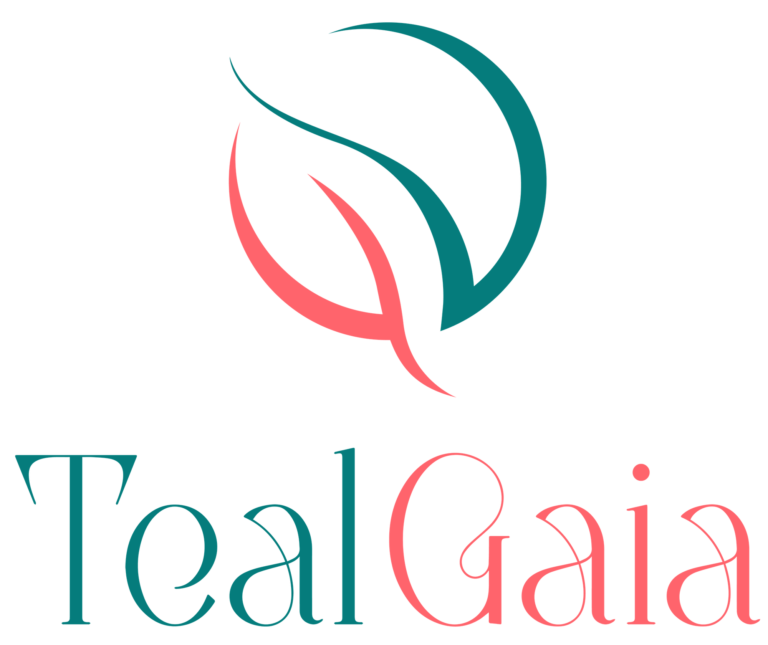50% OFF stock clearance for all KORKOMA products!
Our new MONCH MONCH Collection is here!
Free shipping on orders over 65$

Turmeric, a golden-hued spice revered for centuries, has garnered significant attention in the U.S. health and wellness industry due to its numerous health benefits. As a key ingredient in safe dietary supplements, turmeric, and its active compound, curcumin, are praised for their anti-inflammatory, antioxidant, and potential disease-fighting properties. However, recent concerns over lead contamination in turmeric supplements have raised alarms regarding their safety and efficacy. This article aims to educate U.S. consumers about the health benefits of turmeric, the risks associated with contaminated products, and how to make informed choices when selecting safe turmeric supplements.
Why KORKOMA is the Best Choice for Safe Turmeric Supplements
Among the numerous turmeric supplements available in the market, KORKOMA stands out as a premium and safe turmeric supplement. What makes KORKOMA unique is its sourcing from Sierra Leone’s virgin soil, which remains untouched by modern agricultural contaminants, ensuring the purest turmeric with maximum curcumin content. Additionally, KORKOMA supplements undergo rigorous third-party testing to guarantee safety, purity, and efficacy.
Superior Test Results for KORKOMA
Recent laboratory tests confirm that KORKOMA supplements, including Cycle Comfort, Immune+, Joint Guard, and Turmeric Booster, are free from heavy metals such as lead, arsenic, cadmium, and mercury, which have been a significant concern in the supplement industry. This means that consumers can trust KORKOMA for safe, clean, and high-quality turmeric supplementation.
The Health Benefits of Safe Turmeric Supplements
Turmeric is widely recognized for its medicinal properties, backed by scientific research. The primary bioactive compound, curcumin, contributes to numerous health benefits, including:
The Growing Concern: Lead Contamination in Turmeric Supplements
Despite its health benefits, turmeric supplements have recently come under scrutiny due to reports of lead contamination. The contamination primarily arises from the use of lead chromate, a yellow pigment added to enhance the color of turmeric powder. This practice has been documented in various regions, particularly in India and Bangladesh (Popular Science, 2024, January 25). However, with KORKOMA’s strict testing standards and sourcing from pristine regions, consumers can be assured of its purity and safety.
Ensuring Safe Consumption: Why Choose KORKOMA?
To minimize the risk of consuming contaminated turmeric supplements, U.S. consumers should take the following steps:
KORKOMA supplements undergo rigorous third-party testing, ensuring compliance with the highest quality and safety standards. The test results confirm that all products are free from heavy metals and meet FDA safety regulations.
Unlike other turmeric brands that source ingredients from contaminated regions, KORKOMA turmeric is grown in Sierra Leone’s untouched, nutrient-rich soil, ensuring it remains free from pesticides, fertilizers, and harmful contaminants.
Consumers should look for:
FAQ
Is KORKOMA turmeric safe to consume daily?
Yes, KORKOMA turmeric is third-party tested and free from contaminants, making it safe for daily consumption.
How does KORKOMA compare to other turmeric supplements?
Unlike many turmeric supplements that have been found to contain heavy metals, KORKOMA products have been scientifically tested and confirmed safe for consumption.
What makes Sierra Leone’s turmeric better?
Sierra Leone’s virgin soil is untouched by modern pollutants, ensuring that KORKOMA turmeric remains naturally pure and highly potent.
How can I verify KORKOMA’s test results?
Consumers can request third-party laboratory reports, which confirm that KORKOMA is free from contaminants and rich in curcumin.
Conclusion
With growing concerns over lead contamination in turmeric supplements, choosing a safe and effective brand is crucial. KORKOMA supplements stand out due to their scientific backing, third-party testing, and sourcing from Sierra Leone’s pristine soil. By selecting KORKOMA, consumers can enjoy the powerful health benefits of turmeric while ensuring their safety and well-being. Investing in KORKOMA means investing in quality, purity, and health.
Feel free to find more about the KORKOMA products to support your wellbeing.
References

We will let you know when we have new arrivals, events and promos. Don't worry we send them infrequently, just a friendly hi now and again!

*These statements have not been evaluated by the Food and Drug Administration. This product is not intended to diagnose, treat, cure or prevent any disease.
© 2023 Teal Gaia. All right reserved.
Thank you for contacting us at TealGaia. Please leave a detailed message below and we will get back to you as soon as possible.
Please note that our working hours are 8am-8pm EST, MON-FRI (except for holidays).